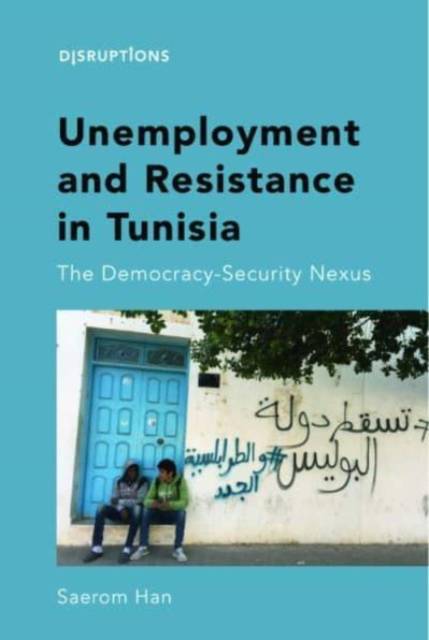
- Retrait gratuit dans votre magasin Club
- 7.000.000 titres dans notre catalogue
- Payer en toute sécurité
- Toujours un magasin près de chez vous
- Retrait gratuit dans votre magasin Club
- 7.000.000 titres dans notre catalogue
- Payer en toute sécurité
- Toujours un magasin près de chez vous
Description
Saerom Han provides a reassessment of Tunisian democratisation by exploring why and how unemployed protesters became articulated with the so-called 'War on Terror' within a liberal democratic framework. This book is the first attempt to critically examine the relationship between democratisation and securitisation in Tunisia. It also provides a novel way of thinking about socioeconomic protests in and beyond Tunisia by discussing how their rationalities and techniques can sustain and at the same time challenge the neoliberal regime of power.
Drawing on field research and a Foucauldian approach to democracy, resistance and security, this book situates the democracy-security nexus in the context of the neoliberal regime. It shows that the dominant counter-terrorism practices, rather than being a threat to democracy, partly served as a governing mechanism for a neoliberal modality of democracy by managing 'problematic' actors such as unemployed protesters who demanded radical changes in political and economic orders. This book also discusses how the protesters reproduced and at the same time challenged the ways that they were securitised, complicating the relationship between domination and resistance in post-2011 Tunisia.
Spécifications
Parties prenantes
- Auteur(s) :
- Editeur:
Contenu
- Nombre de pages :
- 208
- Langue:
- Anglais
- Collection :
Caractéristiques
- EAN:
- 9781399507080
- Date de parution :
- 06-12-23
- Format:
- Livre relié
- Format numérique:
- Genaaid
- Dimensions :
- 156 mm x 234 mm
- Poids :
- 467 g







